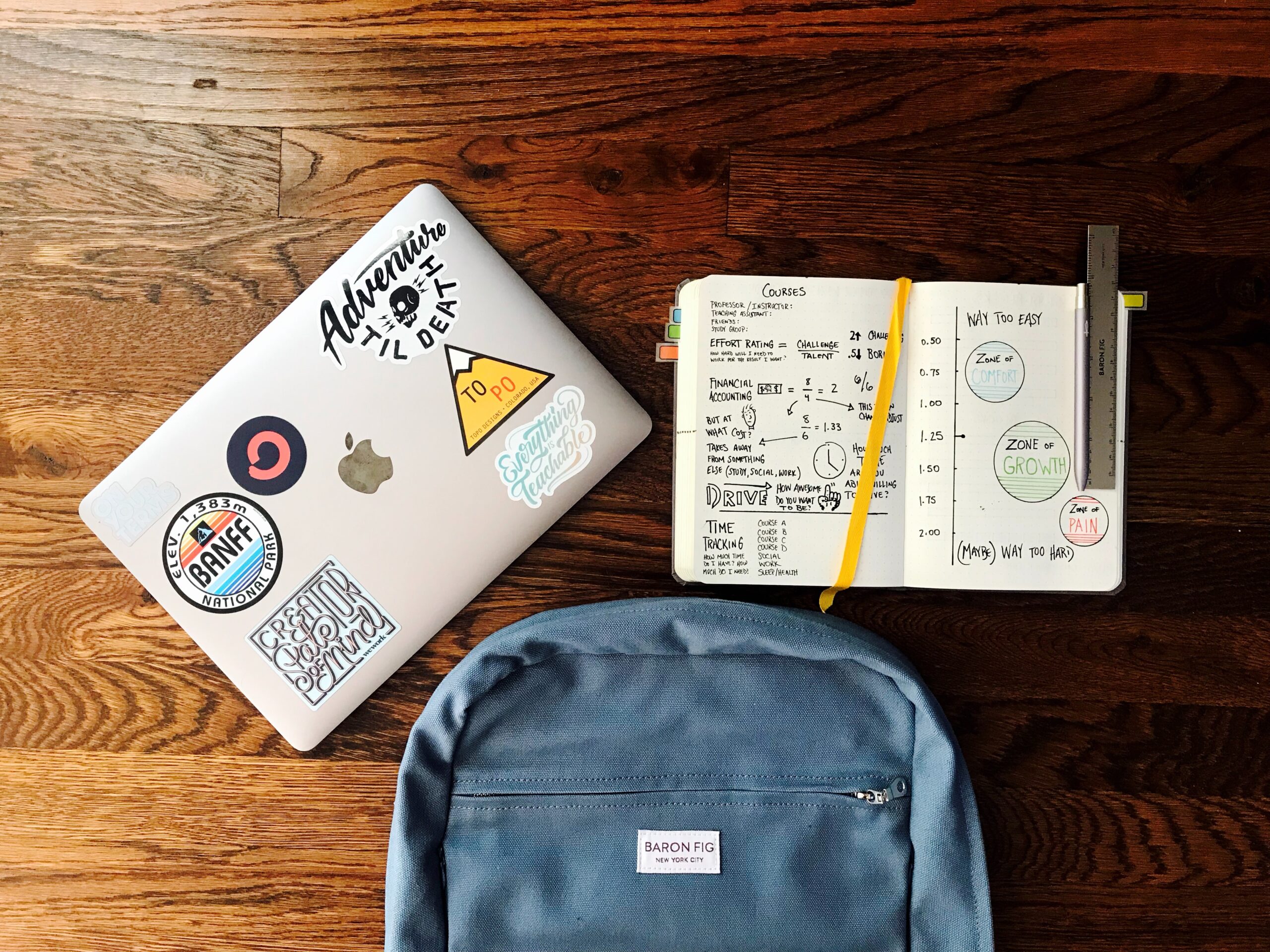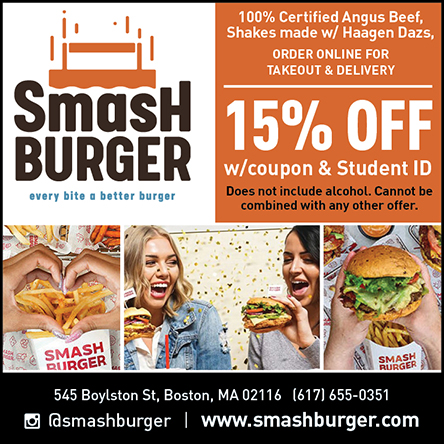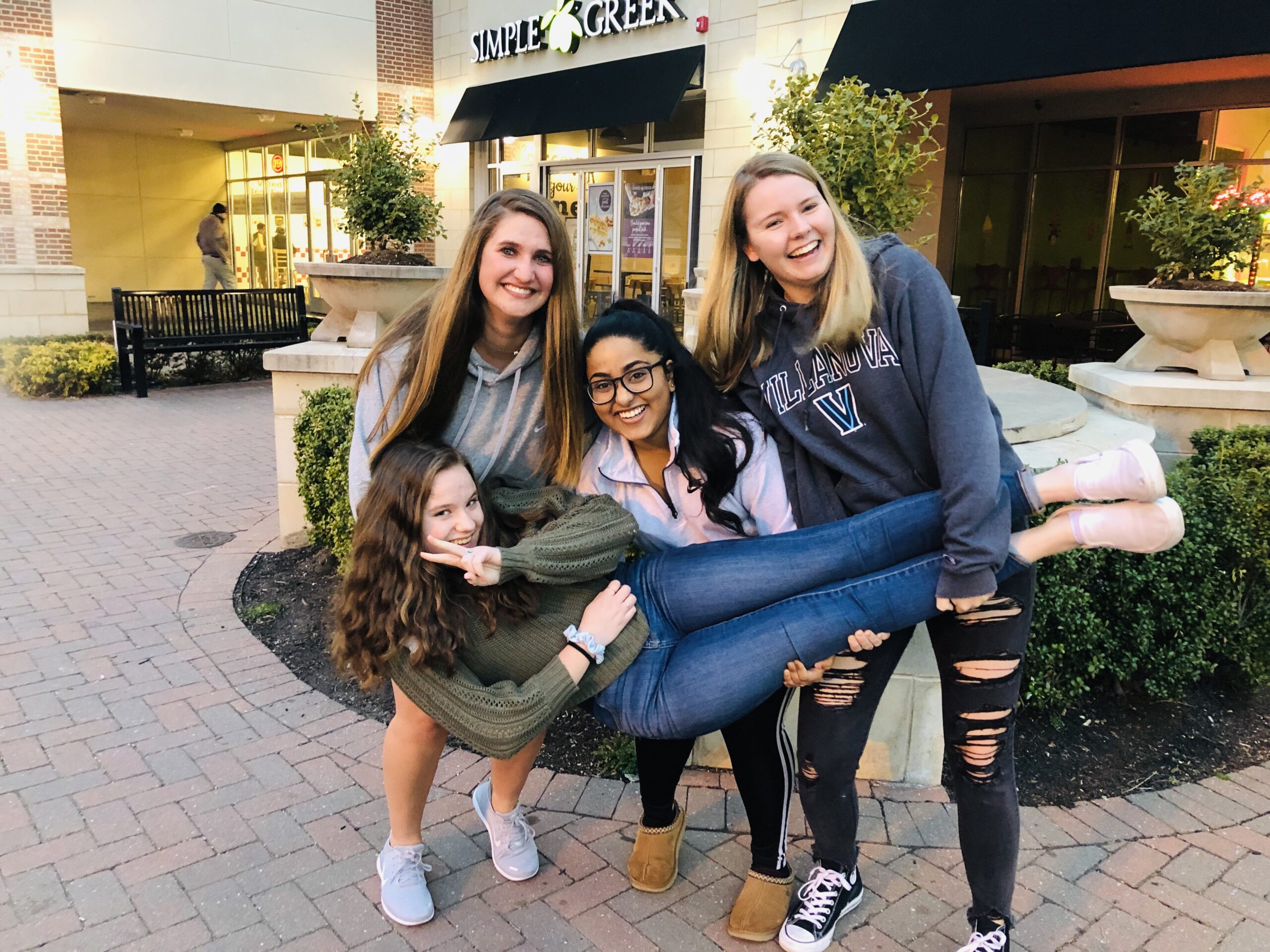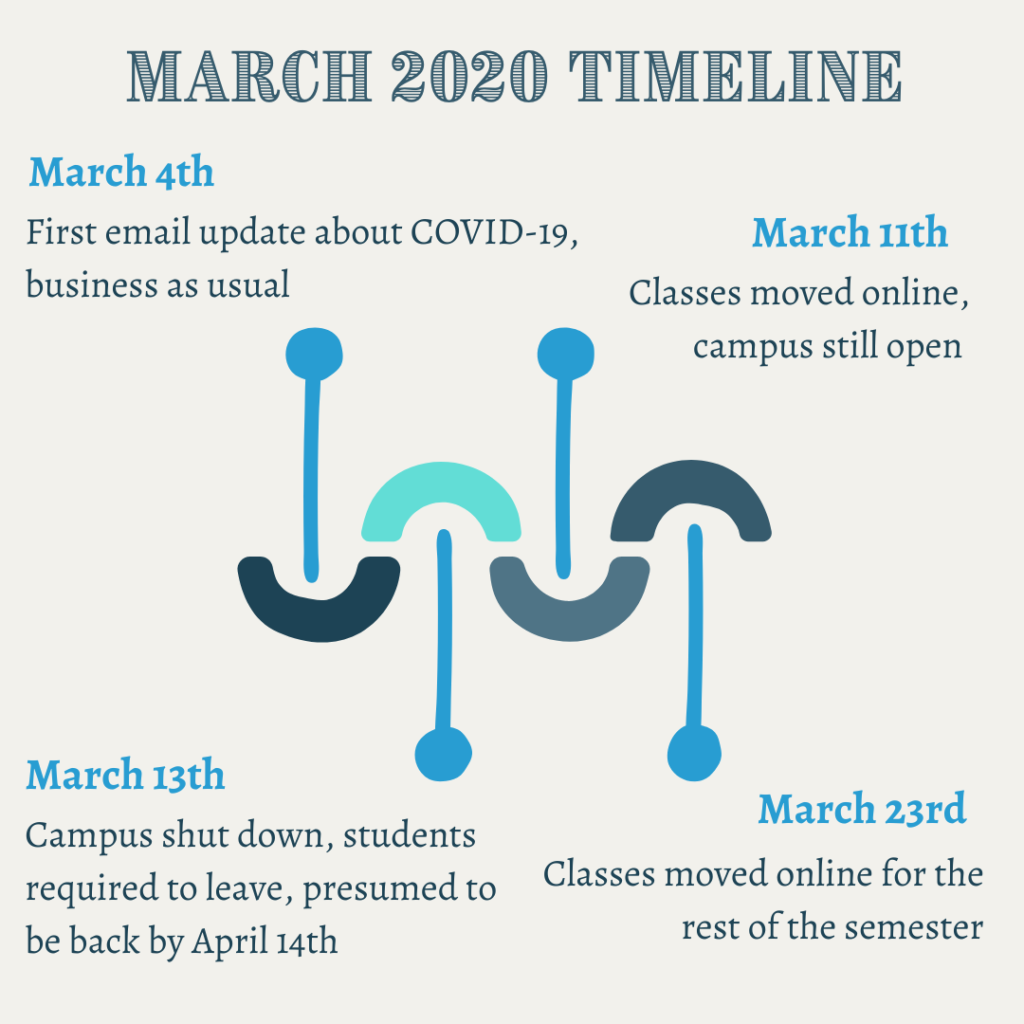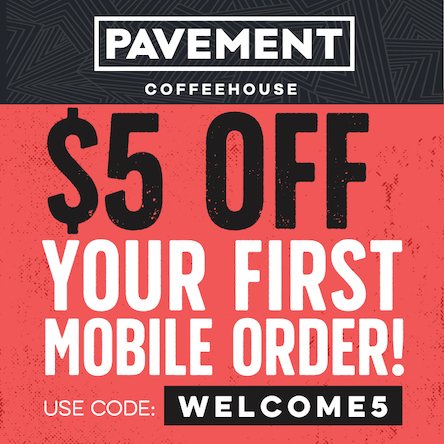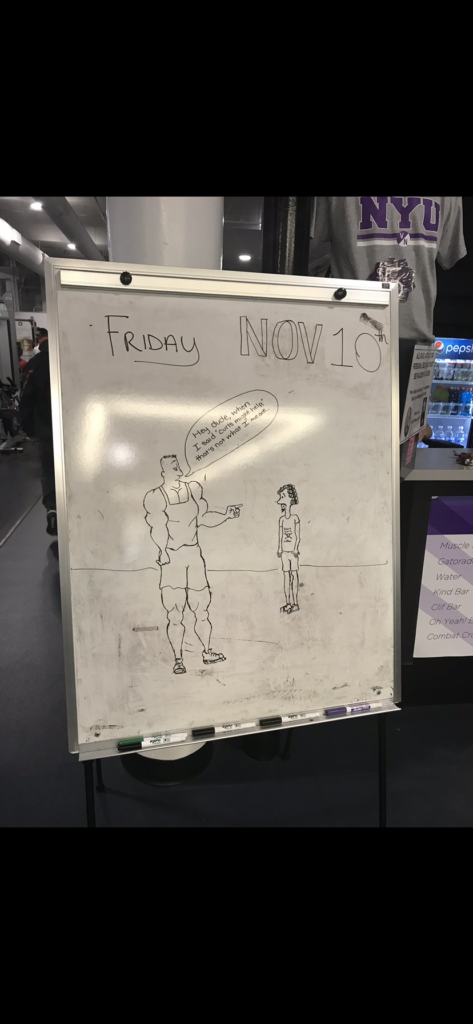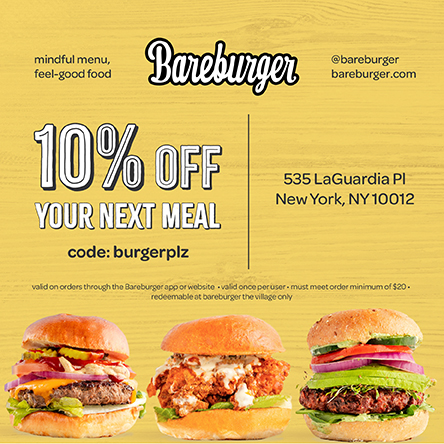If you couldn’t already tell from my author’s bio, I am a huge fan of the Netflix original series Stranger Things. The show has two main focal points in terms of setting—Hawkins, Indiana and the Upside Down, which is the creepier, gorier, alternate dimension that lies just “beneath” the small town. As a result, the lives of all of the characters in the show are literally turned upside down as they battle the monsters that emerge from that dimension.
As cliché as it is, I think it’s fair to say that the pandemic turned all of our lives upside down in one way or another, and we are still dealing with the worldwide consequences. In particular, because we were all confined to our houses for a long time, the spaces between our work lives and our home lives started to overlap. When we got sent home from college, my room became the hub for every facet of my life: I slept, took my Zoom classes, ate lunch, did my homework, and relaxed all in the same place. The cycle just kept on repeating, each day looking and feeling just like the one before.
It became increasingly difficult to set boundaries for myself and “turn off” my brain outside of “school” hours. That’s another thing too—my laptop was a vehicle for homework while also being my main source of entertainment. If I saw an email from a professor or classmate, I felt like I had to answer it immediately, even if I was taking a break. I kept procrastinating doing my work because it didn’t really feel like I was at school, so the work just didn’t seem important or even real for the matter. There was no physical paper to turn in, it was just online. There was no presentation to diligently prepare for, it was online and I could have instant access to all the materials I needed. In many ways you could argue that taking classes at home was a lot easier than they were in person, but they felt just as, if not more, draining.
I’ve always considered myself a homebody of sorts—someone who was more comfortable being at home in a space that I was familiar with instead of being out in social settings, or at least someone whose social battery drains quickly. But at this point, even I wanted so badly to go out and do something, to break up the routine. But I still just felt tied to my desk, since after all, I could do every and anything that I needed to do from that location (and of course, we were being quarantined, so there weren’t many places we could go anyway). Even when I got to return to campus in the fall of 2020, classes were still mostly online, so I spent more time in my dorm than I would have cared for.
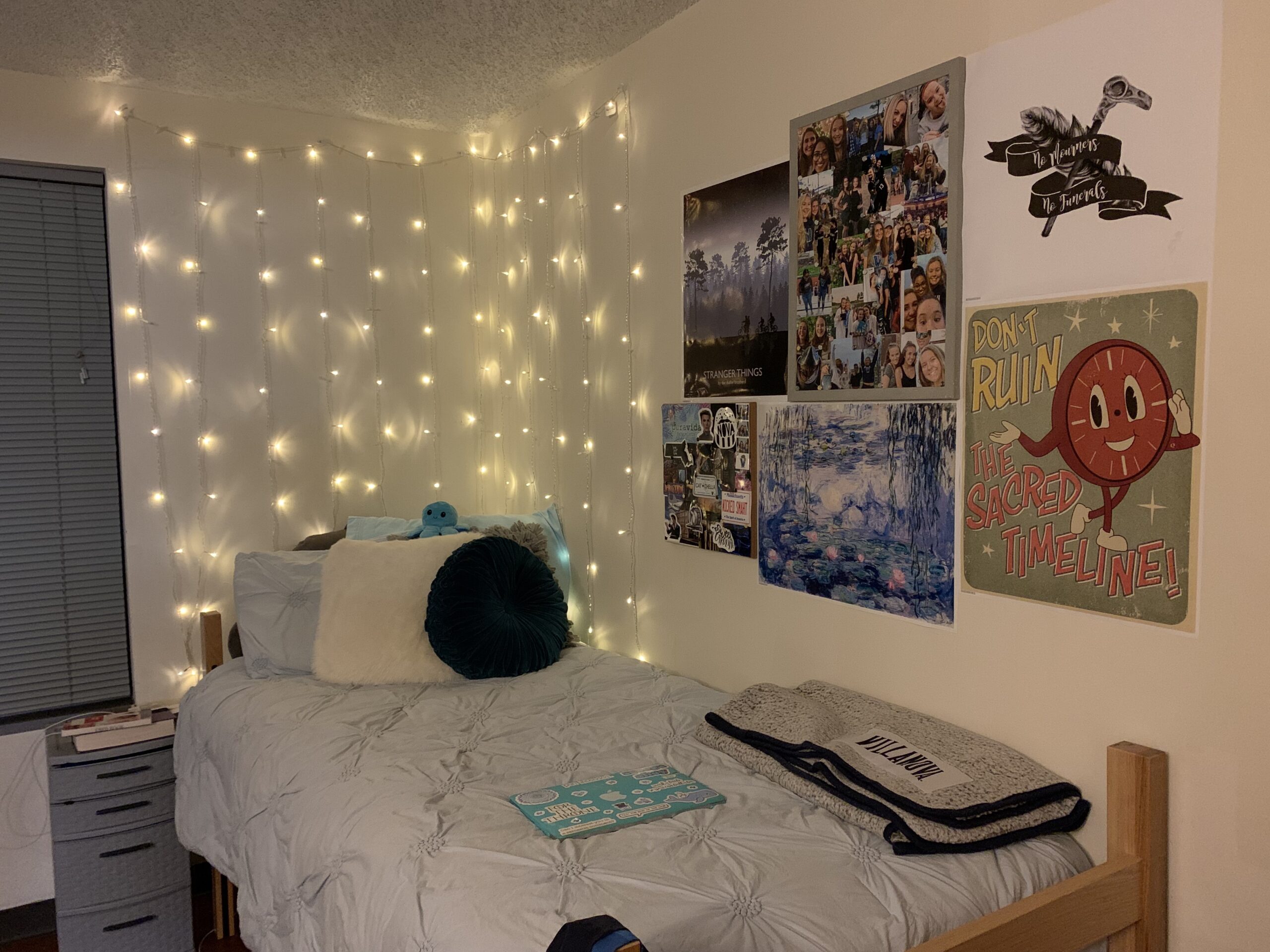
In our increasingly technologized world, these spaces were already starting to become blurred before we were all stuck inside. Being able to send emails at any hour of the day makes people feel like they are always on the clock, always beholden to someone or some task that they need to do. It’s hard for people to shut down for the day and be done with it, because there is always a lingering feeling that there is still something that needs to be done. We can try to shut down the computer, but we can’t always shut down our minds. At least, I can’t.
Even in 2022 when we are getting closer to the lives that we used to live before the pandemic, it’s hard to distinguish between work time and self time. Especially being a college student, any hour of the day is fair game for being on the clock and doing work. Some nights I will stay up until 2am to finish an assignment, while other days I’m getting up at 5 or 6am to do it (a habit I do not recommend). It’s become difficult to set boundaries for myself or plan out my time. The work always gets done and I do it well, but it’s definitely at the expense of some other aspects of my life, like missing out on various activities because I either don’t feel like I have the time, even though I know that I do, or I feel paranoid that if I were to step away, I would never get to finish what I was working on. When I type it out now it seems so simple, but in the moment I just feel stuck.
For anyone else in this situation, my advice would be to find ways to distinguish between the different, competing aspects of your life. At school, I always try to make to-do lists so that I can prioritize what needs to get done, but I also give myself some leeway when I feel like I’m in over my head. I’ve started trying to do my work in places other than my dorm, such as the library where it’s nice and quiet, or our student center where I know I can get some coffee and might even bump into some friends. No one wants to feel like they are always behind or that they are living the same day over and over again—it’s important to find ways to break up the monotony whether it is taking up a new hobby, hanging out with friends, or just powering down your laptop for the day and sticking to it.
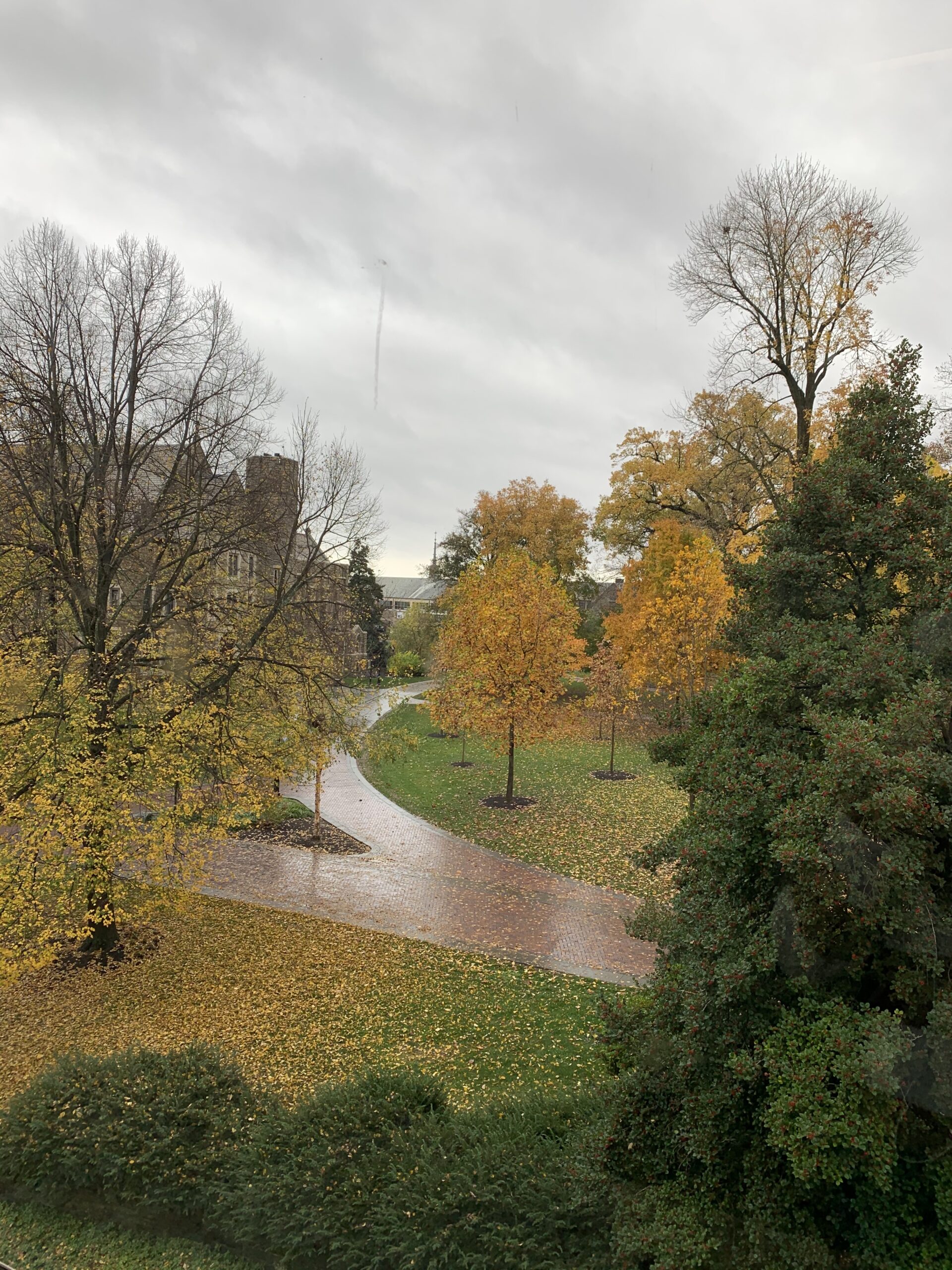
Much easier said than done, but if you’re looking for a place to start, use this coupon below and enjoy some pizza and bowling at American Flatbread!

By: Katie Reed
Katie Reed is a senior at Villanova University studying English and Communication. She is in utter disbelief that she just admitted to being a senior. She loves to read and hopes to enter a career in the editing and publishing industry. She is also patiently waiting for Volume II of Stranger Things 4 to come out on Netflix.
For over 20 years, the Campus Clipper has been offering awesome student discounts in NYC, from the East Side to Greenwich Village. Along with inspiration, the company offers students a special coupon booklet and the Official Student Guide, which encourages them to discover new places in the city and save money on food, clothing, and services. At the Campus Clipper, not only do we help our interns learn new skills, make money, and create wonderful e-books, we give them a platform to teach others. Check our website for more student savings and watch our YouTube video showing off some of New York City’s finest students during the Welcome Week of 2015.


